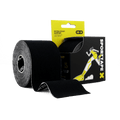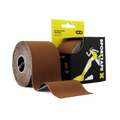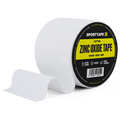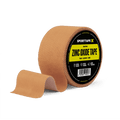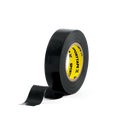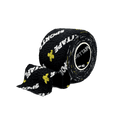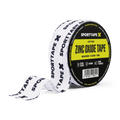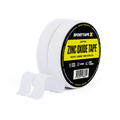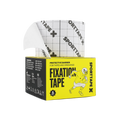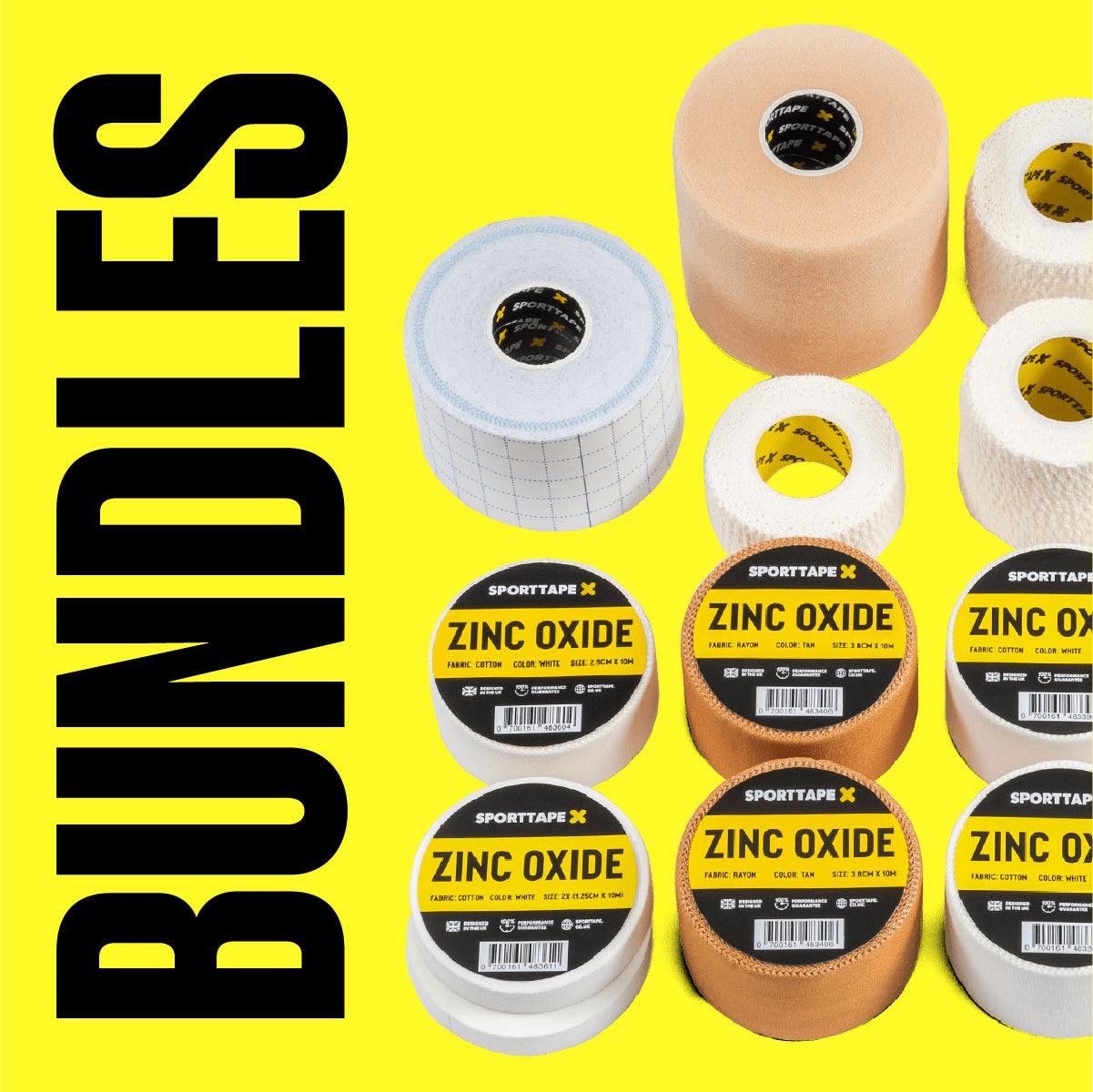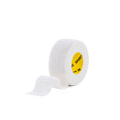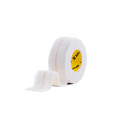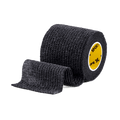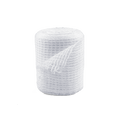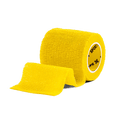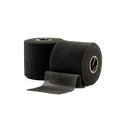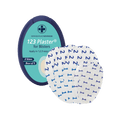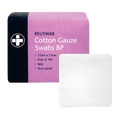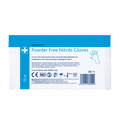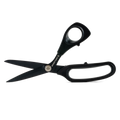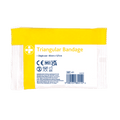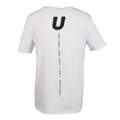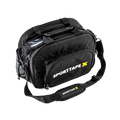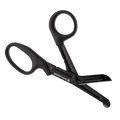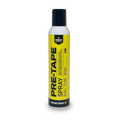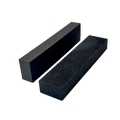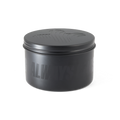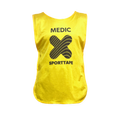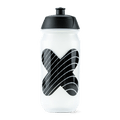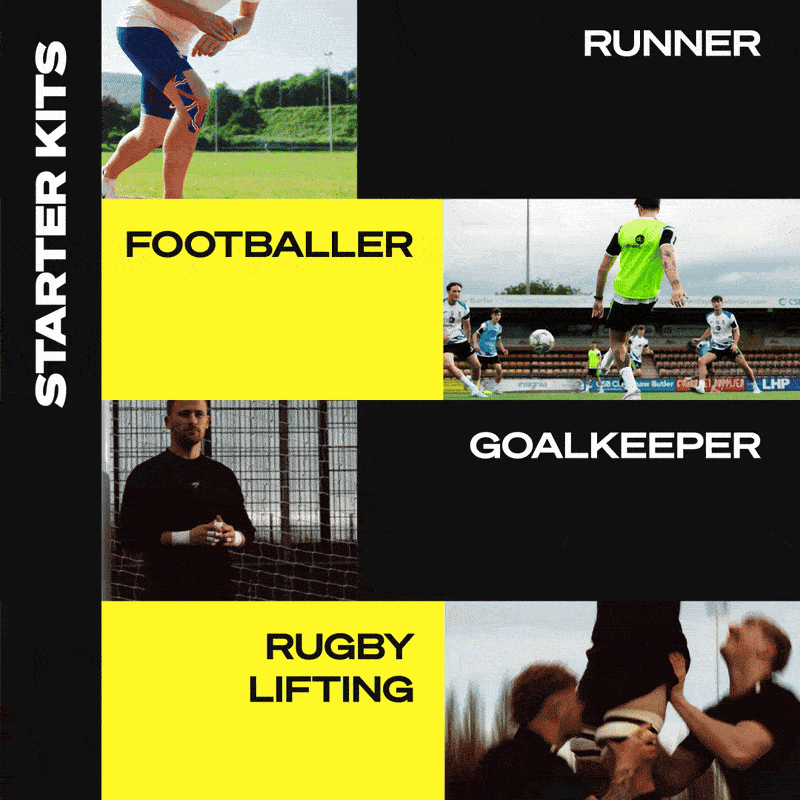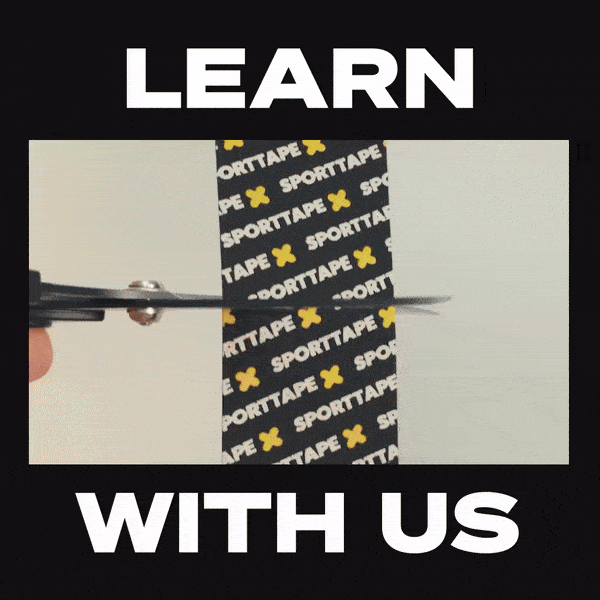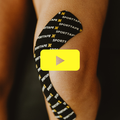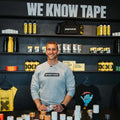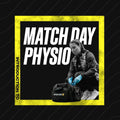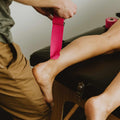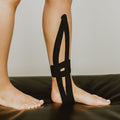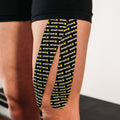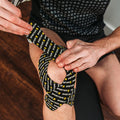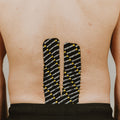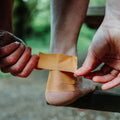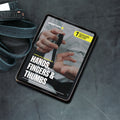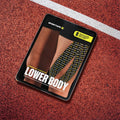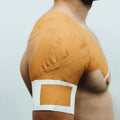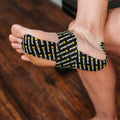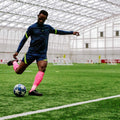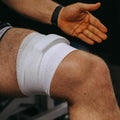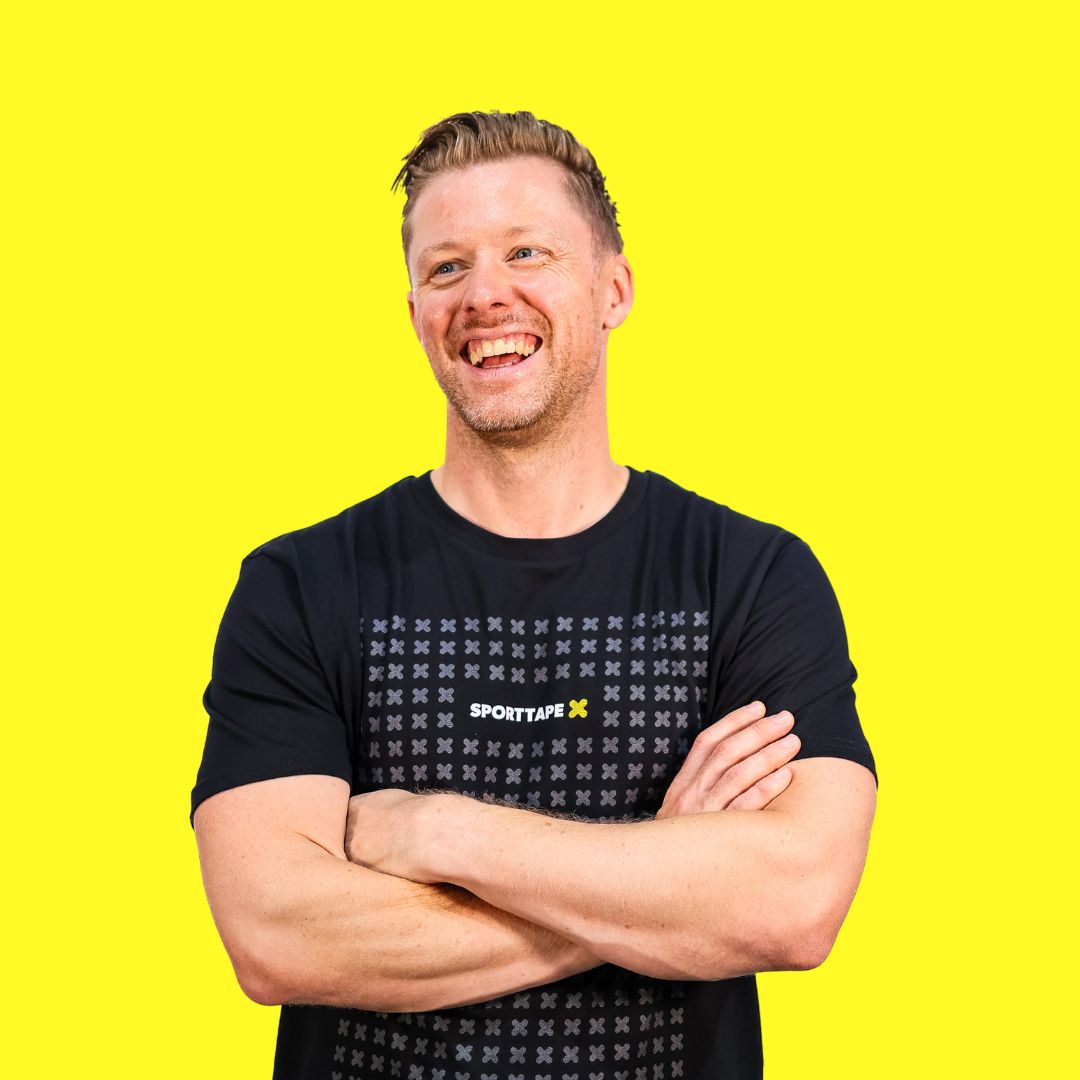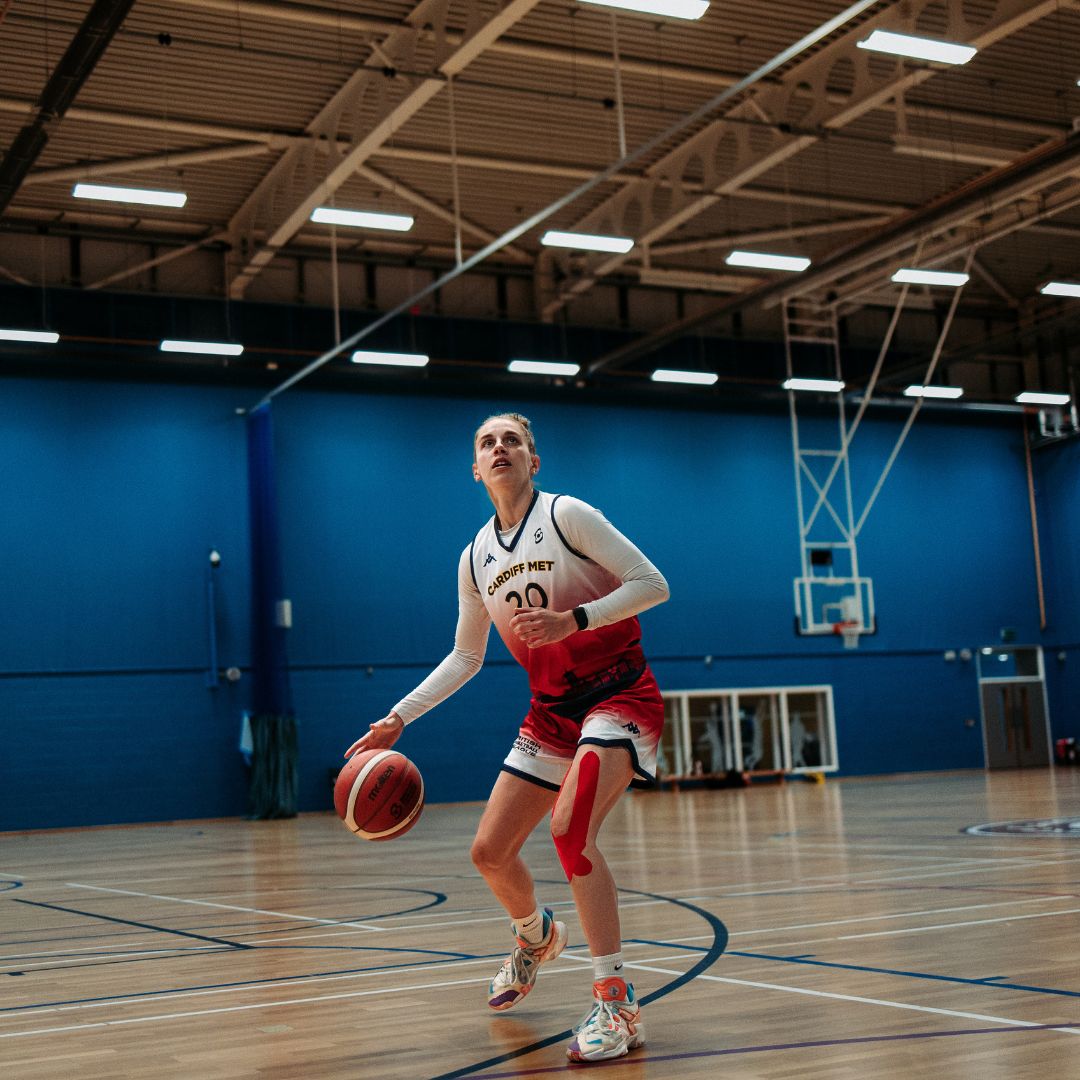Breaking into the sports industry is no easy task. Especially if you dream of becoming one of sport's elite physiotherapists. But don't let that put you off! We've spoken to Rob Madden about how he did exactly that.
Rob's been working with elite athletes for years now, so he's well positioned to pass on some of his wisdom. Stay with us and we'll give you a much better idea of exactly what it takes to make it to the top. Sport's always going to need physios, so with that in mind, it's over to Rob Madden...
TALES FROM AN ELITE SPORT PHYSIO:
WHO IS SPORTS PHYSIO ROB MADDEN?
A lifesaver to so many elite athletes (cue some name drops)!
Rob (@rob_optim7se) went to UWE in Bristol and studied physiotherapy and, after graduating and qualifying as a physio, he spent some time working for the NHS, building up some experience in and out of clinics.
Not long after, he found himself working in professional snowboarding, working with the British team. The team didn't have had a huge budget at the time, so he offered his services in order to get some more professional experience for himself in sport.
A lot of the learning and development came out of working at CHHP, which is now MHG, with people like James Moore and Jeremy Lewis. It was there that he got introduced to a young gold-medalist named Anthony Joshua (@anthonyjoshua).
As Rob puts it, "I’m not exceptional. I work hard, I get on with people. Yeah, I’ve got great opportunities and I always give 100%. I’m very thankful for the career I’ve had, it’s quite unique".
Q&A WITH ROB MADDEN
HOW TO GET A JOB AS AN ELITE SPORT PHYSIO
Straight up, experience is key.
Getting a job with sport's top teams and athletes doesn't happen overnight. Apologies if you thought it did. Rob would say that you need at least 5-10 years of decent experience and exposure to start seeing the particularly exciting opportunities crop up on your radar.
With that in mind, like him, through your network and professional connections, you can be fortunate enough to get given chances that accelerate your growth in the industry. Mr Madden, despite not a great deal of background working in the sport, was working with Lance Stroll (@lance_stroll) in Formula One for nearly 6 years.
Building that network comes through "hard work and trust". It's a long process in many cases and "you can’t just try and get people’s contacts and cold call people because it won’t work. People need to be patient with their network expansion".
Be prepared not to get along or agree with everyone. It's part of the job.
CAREER SUCCESS STORIES - HARD WORK PAYS OFF
We've mentioned Rob's time working with Lance Stroll in F1 and his career highlight reel stretches out pretty far and across a wide wide range of sports.
But, the one that he puts at the top of that list, is being a part of Team AJ when he fought (and beat!) Wladimir Klitschko for the world title back in 2017.
"We had a great team, we had massive fight energy all week. Everyone was doing their bit. I was obviously looking after him, trying to get him physically fresh and doing a lot of treatment and just working on the recovery strategies to make sure he was getting enough sleep.
"Ultimately, he turned up and did an incredible job and it’s all about him, and the team each fed in 1, 2, 3%, maybe one day you give a bit more like 10%. Another day, you do nothing. But ultimately, you’re all gelling together to try and optimise that athlete. And that for me is probably sits at the top of my career."
KNOWING YOUR SPORT
Knowing the sport that you're working in is massive. Knowledge is a big part of what can define you as an 'elite' physiotherapist.
In his early years, Rob was really into learning about the different philosophies about his sports, both from a physio perspective and then from the individual sporting perspectives - "I spoke to a lot of people. I read as much as I could".
Not to sound like any basic philosopher but, knowledge is power.
IMPORTANCE OF SLEEP
"It’s the biggest recovery tool."
We know you won't be surprised to learn that a good nights sleep is important, but some of you might not fully appreciate just how important it is to sports performance.
Rob explained that "one or two nights is okay. The body can do extremely well off adrenaline. But if you’re taking about a chronic lack of it over two weeks, repeatedly not getting enough sleep, then that's when we start to really see a big impact. Hormone levels, hunger levels, you’re going to be craving the wrong foods and you’re not going to be able to perform".
Typically, you are going to have days as an athlete where you feel like you're in the trenches and taking a nap here or there or just going to bed an hour earlier than usual is huge. Explaining this to your clients is a must as a physio.
THE MANY USES OF TAPE IN SPORT
We couldn't speak to one of the OG SPORTTAPE physios without asking about tape.
Having worked with Rob since 2012, we're obviously well aware that he uses a lot of tape in his clinic and with his athletes over the years, and so his taping game is next-level. He's used them in enough different sports that we wanted to ask him some quick-fire questions that might just help you.
Q: You're setting up a clinic, what three tapes do you need?
A: Clinical rolls of K Tape (22m), normal K Tape rolls (5m) and White Zinc Oxide (for its versatility).
Q: What are the top three tapes used in Formula One?
A: K Tape (always), Zinc White and EAB.
Q: What are the top three injuries in golf?
A: Wrist, elbow and lower back.
Q: What are the top three injuries in snowboarding?
A: Ankle, AC joint and wrist.
Q: What are the top three injuries in F1?
A: Neck, neck (🤣) and wrist.
He's been there and done that! Thanks so much as always to Rob for taking the time!
He's been a big part of the SPORTTAPE family over the years, so if you have any questions for Rob, fire them over to us and if you want to see more of his lovely face, you might want to check out our online sports taping courses, he's all over them!


